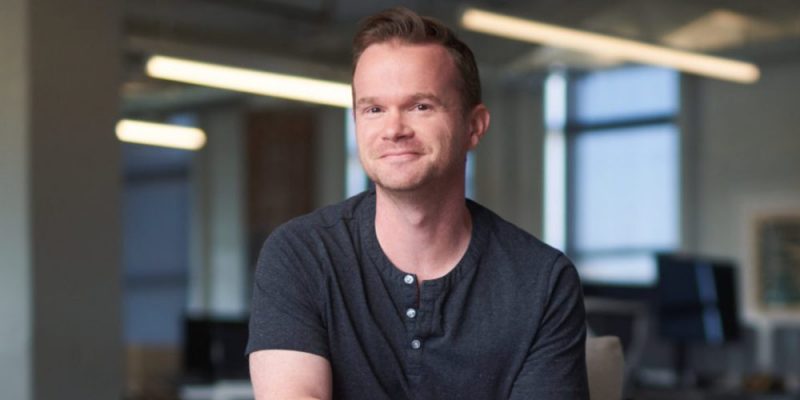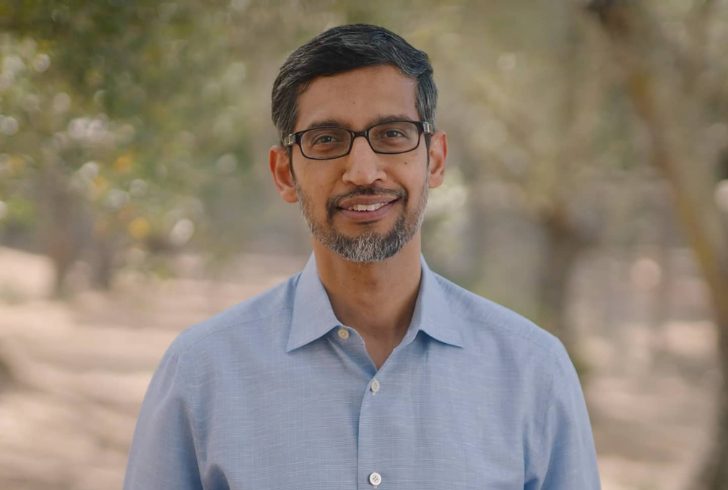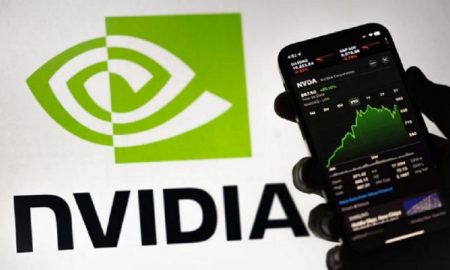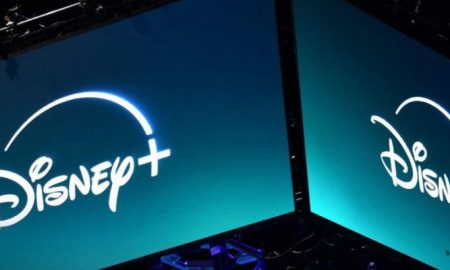
The CEO Who Built a $4.2B Company by Saying No to Silicon Valley’s Mantra

Silicon Valley has long embraced the idea that speed equals success. But for Tristan Handy, the CEO of a $4.2 billion software company, taking a slower, more deliberate approach was the key to building a thriving business. While many startups rush to scale as quickly as possible, Handy chose a different path—one that allowed his company, DBT Labs, to establish a strong foundation before accelerating its growth.
Building a Business on Patience, Not Pressure
For more than a decade, Silicon Valley has been shaped by the “move fast and break things” mentality, popularized by Facebook’s Mark Zuckerberg. The philosophy suggests that rapid iteration and aggressive scaling lead to breakthroughs. However, Handy argues that this mindset can often backfire, especially in the early days of a startup.
Instagram | zuck | Mark Zuckerberg’s “move fast and break things” philosophy has driven Silicon Valley’s evolution for more than ten years.
“I always tell founders that time is their greatest asset in the beginning. You need time to understand your product, for users to explore it, and for word-of-mouth to spread,” Handy explains.
DBT Labs, founded in 2016, didn’t chase hyper-growth from the start. Instead, it spent its early years refining its product and steadily attracting new customers. This careful, strategic approach paid off—by the time the company was ready to scale, it did so at an extraordinary pace. From 2020 to 2024, DBT Labs’ annual recurring revenue skyrocketed from $2 million to $100 million.
Silicon Valley’s High-Speed Culture Can Stifle Innovation
Handy, who had previously worked at several startups, including Squarespace and RJMetrics, knew the pressures that came with rapid scaling. Investors often push founders to show immediate growth, but Handy believes this pressure can be counterproductive.
“If we had raised money right away and had investors constantly asking about growth, we wouldn’t have built the company the way we did,” he says.
Instead of rushing to impress investors, DBT Labs focused on creating a high-quality product and building a loyal customer base. In 2019, this strategy paid off. Fortune 500 companies started reaching out, eager to use DBT’s tools. That year, the company’s customer base tripled—from 300 to 1,000 businesses.
By 2022, DBT Labs had secured a $4.2 billion valuation following a $222 million Series D funding round. Major investors, including Sequoia, Andreessen Horowitz, and Salesforce Ventures, backed the company. Today, DBT Labs serves major corporations such as JetBlue, Nasdaq, and BHP.
Innovation Should Be Exciting—Not Driven by Fear
Many startups operate under intense pressure, constantly racing to launch new features or keep up with competitors. But Handy believes this environment can actually suppress creativity.
“Innovation has to be fun. If you’re making decisions out of fear, you’re not going to build something great,” he says.
Rather than viewing DBT Labs as a company that had to make an immediate impact, Handy approached it with the mindset that success would come over time. This allowed his team to focus on creating a product that truly solved problems, rather than one that simply met short-term growth expectations.
The Tech Industry’s Constant Race to Keep Up

Instagram | sundarpichai | The year 2025 holds paramount importance for Google’s AI trajectory, stated CEO Pichai.
Although companies like Meta have moved away from the original “move fast and break things” slogan, the tech world still thrives on urgency. When AI startup DeepSeek made a breakthrough with its chatbot, competitors—including Meta—rushed to respond.
Even Google CEO Sundar Pichai has emphasized the need for speed, recently telling employees that 2025 will be a critical year for staying ahead in AI.
“We have to internalize the urgency of this moment,” Pichai said in a company meeting. “The stakes are high, and we need to move faster.”
World Wide Technology CEO Jim Kavanaugh shares a similar view, stating that companies must be agile and decisive to stay competitive. “If you wait for perfection, you’re already too late,” he said in a past interview.
A Different Path to Success
Despite the industry’s obsession with speed, Handy’s experience proves that patience and strategic growth can be just as effective—if not more so. His advice to startup founders? Don’t get caught up in the rush. Take the time to build something meaningful, and growth will follow.
“There are some things in startups that simply can’t be rushed. You have to let them develop naturally,” he says.
DBT Labs’ journey shows that sometimes, the best way to move fast is to start slow.
More in Tech
-
`
US Opposes Hezbollah Ally’s Appointment to Lebanon’s Finance Ministry
The United States is actively pressuring Lebanese officials to block Hezbollah and its allies from selecting the country’s next finance minister....
February 12, 2025 -
`
Ed Sheeran Becomes the First International Artist to Perform in Bhutan
Ed Sheeran has achieved a groundbreaking milestone in his music career. The “Bad Habits” singer, 33, became the first international artist...
February 5, 2025 -
`
New Jersey Issues Warning to 11,000 Businesses for Selling Flavored Vapes
In New Jersey, flavored vape products are illegal, but thousands of businesses continue to violate the law. According to Attorney General...
January 29, 2025 -
`
Why Prince Harry and Meghan Markle Hide Their Children’s Faces Online
Prince Harry and Meghan Markle remain two of the most talked-about public figures, yet their approach to sharing details about their...
January 22, 2025 -
`
Why Are Innovation Hubs Crucial for Entrepreneurial Success?
Innovation hubs are transformative spaces that empower entrepreneurs by providing the resources, mentorship, and collaborative environments needed to turn their ideas...
January 14, 2025 -
`
How to Finance an ATM Business in 3 Easy-to-Follow Steps
Starting an ATM business can be a fantastic way to earn passive income, but the first hurdle is figuring out how...
December 19, 2024 -
`
Former RXBar CEO Peter Rahal is Betting Everything on New Protein Bar Startup, David
Peter Rahal, the visionary entrepreneur behind RXBar, is back with a bold new venture. After selling RXBar to Kellogg’s for a...
December 15, 2024 -
`
Can investing in Nvidia Still Offer Value After Its Explosive Growth?
This year, Nvidia has been one of the stock market’s most impressive performers. Starting at $50 per share (split-adjusted) in January,...
December 6, 2024














You must be logged in to post a comment Login